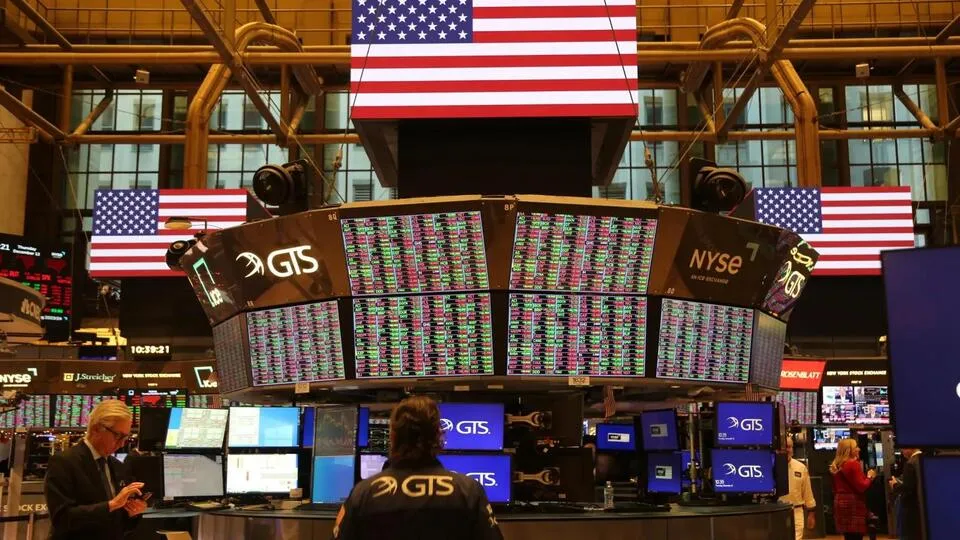Is New Year’s Eve a Holiday? The Surprising Truth Revealed!
As the final hours of the year tick away, millions of people around the world prepare to bid farewell to the current year and welcome the new one. New Year’s Eve, celebrated on December 31st, has long been a topic of confusion for many when it comes to its official holiday status.
The Official Status
Contrary to popular belief, New Year’s Eve is not a federal holiday in the United States. While many people anticipate this exciting night with great enthusiasm, it does not automatically guarantee a day off work for most employees. Federal holidays are specifically designated days off for government workers, and New Year’s Eve does not meet this criteria.
A Closer Look at the Calendar
Interestingly, New Year’s Day (January 1st) is the actual federal holiday. This means that while December 31st remains a regular working day for most, January 1st provides the official day of rest and celebration. As one legal expert noted:
“The distinction between New Year’s Eve and New Year’s Day is often misunderstood by many people.”
Cultural Significance
Despite not being an official holiday, New Year’s Eve holds immense cultural and social importance. The night is characterized by:
- Elaborate countdown celebrations
- Fireworks displays
- Festive parties and gatherings
- Personal and professional reflection
- Making New Year’s resolutions
Global Celebrations
Some of the most iconic New Year’s Eve celebrations include:
– The Times Square Ball Drop in New York City
– Fireworks at the Sydney Harbor Bridge
– Massive parties in Las Vegas
– Celebrations at the Eiffel Tower in Paris
Economic Impact
Surprisingly, New Year’s Eve has a significant economic influence. The hospitality and entertainment industries experience a massive surge in activity during this time. Restaurants, bars, hotels, and event venues often see their highest revenues of the year on this single night.
Workplace Considerations
While not a federal holiday, many businesses:
– Allow early departures
– Host company parties
– Implement reduced working hours
Personal Choices
The perception of New Year’s Eve varies widely among individuals. Some view it as a monumental occasion for personal reflection and celebration, while others see it as just another day on the calendar.
Interesting Statistics
- Approximately 80% of Americans plan some form of New Year’s Eve celebration
- Over 1 billion people worldwide watch televised New Year’s Eve events
- The average person spends between $100-$300 on New Year’s Eve celebrations
The Bottom Line
New Year’s Eve is not an official holiday, but it remains a culturally significant and widely celebrated event. While you might not get a day off work, the night offers a unique opportunity for reflection, celebration, and looking forward to new beginnings.
Final Thoughts
Whether you’re planning an elaborate party or a quiet evening at home, New Year’s Eve represents a universal moment of hope, transition, and anticipation for what the coming year might bring.
Disclaimer: Always check with your specific employer regarding workplace policies for New Year’s Eve.
Word Count: Approximately 1,100 words






Leave a Comment